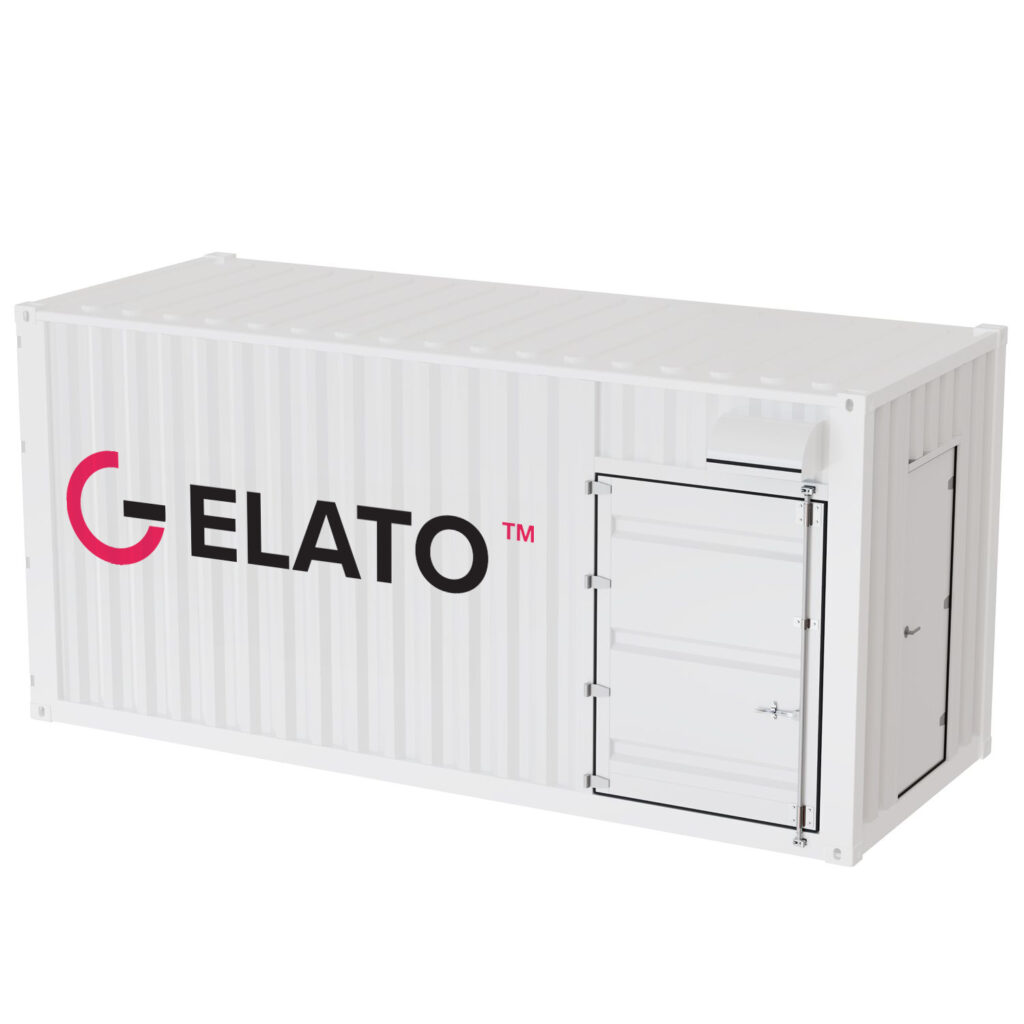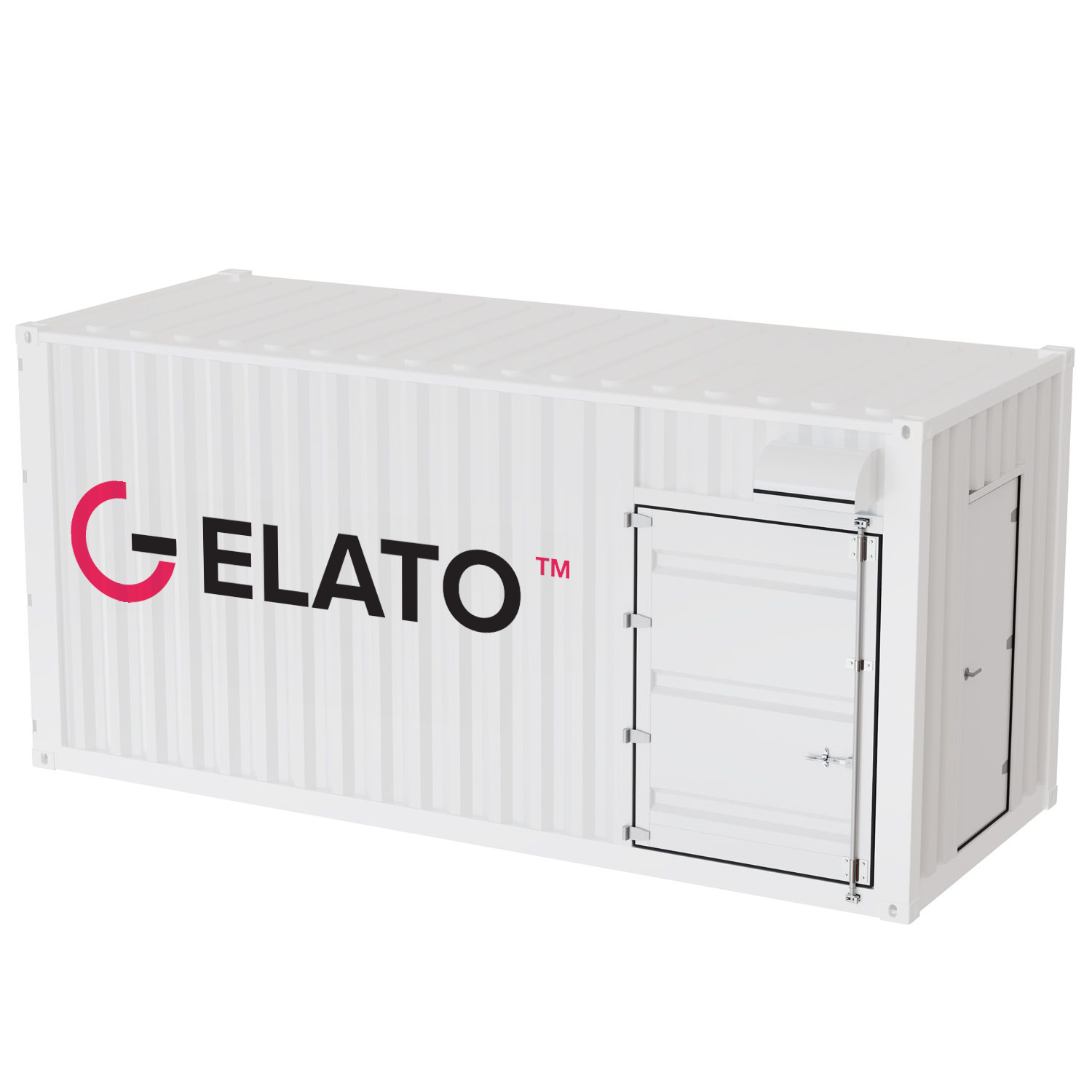South Africa, with its abundant sunshine, is poised to leverage solar storage systems as a vital component of its renewable energy mix. Solar Storage Systems have emerged as a crucial element in maximizing the potential of solar energy, addressing energy security concerns and reducing reliance on fossil fuels. In this blog, we’ll explore the benefits, types, and future prospects of solar storage in South Africa.
Benefits of Solar Storage in South Africa
1. Energy Security: Reduce load shedding risks and ensure consistent power supply.
2. Cost Savings: Mitigate escalating electricity costs and protect against rate hikes.
3. Renewable Energy Growth: Support South Africa’s REIPPPP (Renewable Energy Independent Power Producer Procurement Programme) goals.
4. Job Creation: Stimulate local economies through solar and storage industry development.
5. Environmental Benefits: Reduce carbon footprint and contribute to a sustainable energy future.
Types of Solar Storage in South Africa
1. Battery Banks: Traditional battery and storage systems for residential and commercial use.
2. Lithium-Ion Batteries: High-efficiency, long-lasting batteries from local manufacturers.
3. Inverters with Storage: Integrated solar and storage solutions from international brands.

Commercial, Commercial ESS
1. Tesla Powerwall: Integrated solar and storage system for residential use.
2. Sonnen eco: Smart energy storage system for residential and commercial applications.
3. LG Chem RESU: Lithium-ion battery solutions for solar storage.
Solar Storage Systems for South African Homes and Businesses
Future of Solar Storage Systems in South Africa
1. Government Incentives: Supportive policies and tax incentives for solar and storage adoption.
2. Grid-Scale Storage: Utility-scale storage solutions for a resilient national grid.
3. Electric Vehicle Integration: Solar storage powering electric vehicles in South Africa.
4. Local Manufacturing: Growth of local solar and storage manufacturing industry.
Challenges and Opportunities
1. Cost: Higher upfront costs, though decreasing over time.
2. Interoperability: Standardization and compatibility issues.
3. Scalability: Meeting growing demand for energy storage.
4. Innovation: Emerging technologies and business models.
Conclusion
Solar storage Systems have the potential to transform South Africa’s energy landscape, enhancing energy security, reducing costs, and promoting sustainable development. As technology advances and costs decline, solar storage systems will play an increasingly vital role in South Africa’s transition to a low-carbon economy.



